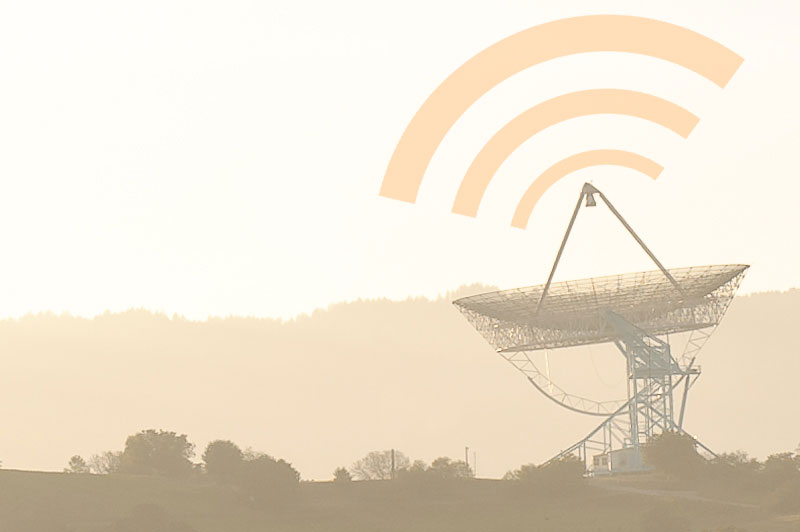‘Nature’ picks Professor Chris Field as one of ‘Five to Watch’ in 2014
The journal Nature has named CHRIS FIELD, a professor of biology and of environmental Earth system science and the director of the Department of Global Ecology at the Carnegie Institution, one of its “Five to Watch” in 2014. The journal’s editors cite Field’s work as co-chair of the upcoming Intergovernmental Panel on Climate Change (IPCC) report on the impacts of climate change.
Field’s research at Stanford has helped detail the effects of climate change at both the molecular and global levels. For the past two decades, he has conducted experiments at the Jasper Ridge Biological Preserve to gauge the responses of California grassland to multi-factor global change, both present and future.
As co-chair of the IPCC Working Group II, Field is leading efforts to distill hundreds of scientific findings into a report that will detail the current impacts and consequences of climate change. It will also detail how humans can best adapt to – and possibly mitigate – those changes in the future.
The report will publish this March, which Field said is fortuitous timing, as it will give governments a year to consider the assessments before they meet in 2015 to agree on new international climate change initiatives and policies. It also comes in time to influence the U.S. government’s new national assessment on climate change. In both cases, Field said he hopes the report encourages measurable action, and he thinks that in the wake of major climate-related disasters such as Hurricane Sandy, governments will be ready to act.
“I think the awareness, the issues, the experience with response options, is all beginning to accumulate to the level where I’m really optimistic about people taking meaningful actions,” Field said. “One of the things that we’re getting more and more information on is the potential for making smart decisions that don’t necessarily cost a lot, and in many cases actually save money and represent an ambitious, positive way of looking at the future.
“The climate challenge needs to be taken seriously, but it doesn’t need to be viewed as a net downer,” he said. “Really what we’re trying to do is find a way to a future that’s more sustainable, richer, happier, where we’re really trying to create net benefits, rather than to manage a net cost. There are really some huge opportunities to do things better.”
—BJORN CAREY


